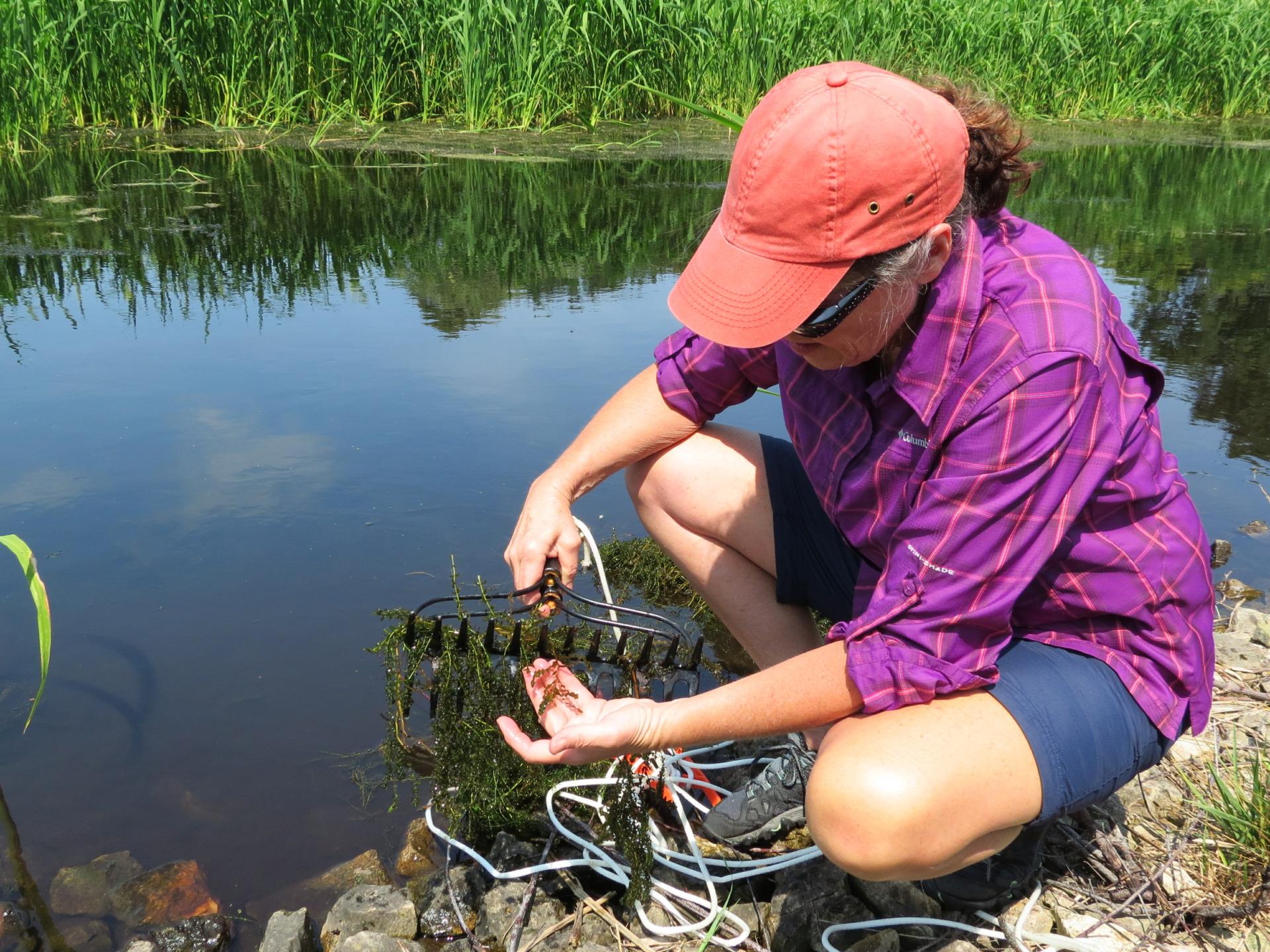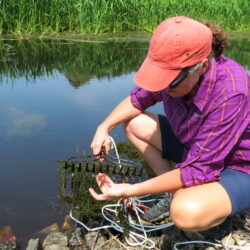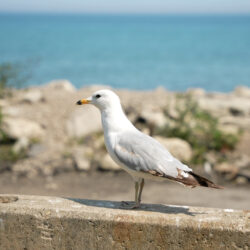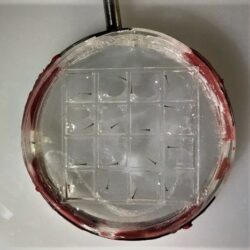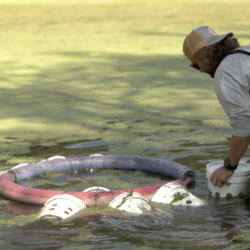When it comes to aquatic plant management, words matter
Millions of dollars are spent every year in Wisconsin to manage unwanted aquatic plants. Despite this, little funding or effort is dedicated to education specific to aquatic plant management. A Sea Grant study aimed at filling this information gap by identifying internet search terms.


